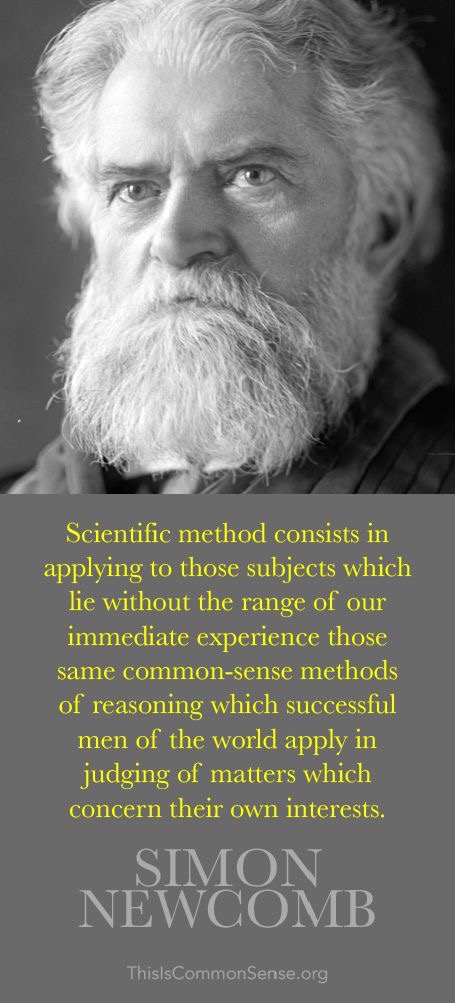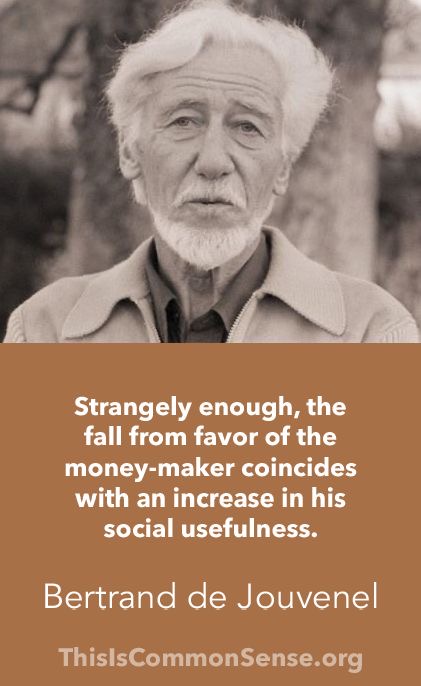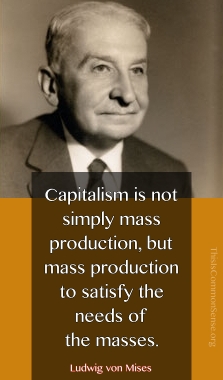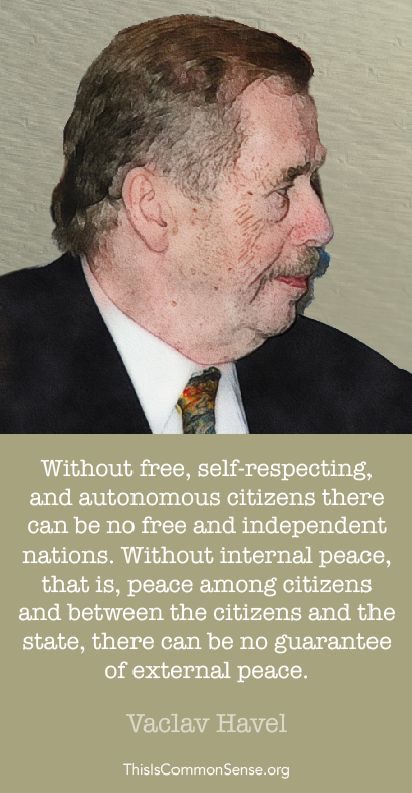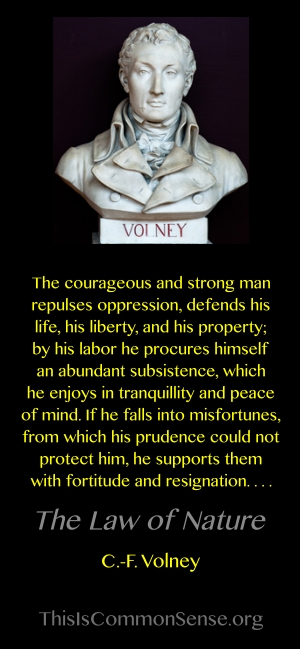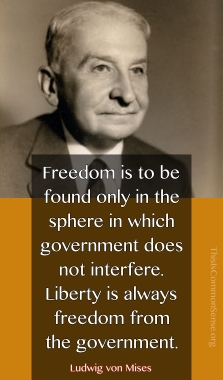Q. Are courage and strength of body and mind virtues in the law of nature?
A. Yes, and most important virtues; for they are the efficacious and indispensable means of attending to our preservation and welfare. The courageous and strong man repulses oppression, defends his life, his liberty, and his property; by his labor he procures himself an abundant subsistence, which he enjoys in tranquillity and peace of mind. If he falls into misfortunes, from which his prudence could not protect him, he supports them with fortitude and resignation; and it is for this reason that the ancient moralists have reckoned strength and courage among the four principal virtues.”
Constantin-François de Chassebœuf (1757–1820), Comte de Volney, The Law of Nature, Chapter VIII.
